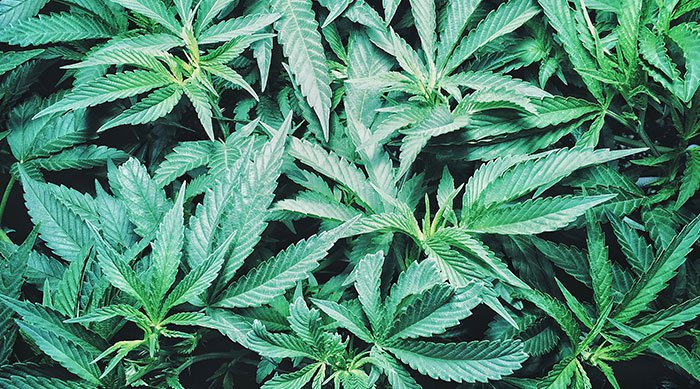Synthetic cannabinoids are not a substitute for cannabis
Although synthetic cannabinoids are not a stimulant drug, their toxicity profile and some of their effects are more similar to a stimulant (such as ice or cocaine) than cannabis.1, 4

Many of the synthetic cannabinoid-related deaths in Australia have involved someone using synthetic cannabinoids as a cannabis substitute – not realising how different and potentially dangerous the effects are.4
In fact, it’s unclear whether the broader community understands the critical differences between the two drugs.4
People who use synthetic cannabinoids will often claim the effects are uniquely different from other drugs and often unpredictable.19, 20
In fact, Australia’s low reported use of synthetic cannabinoids has been attributed to the fact that they don’t produce the kind of effects people are looking for.12
It has also been reported by users that a major motivation for taking synthetic cannabinoids is to experience ‘cannabis-like’ effects without the danger of it being detected in drug testing.21
However, many facilities and organisations now include synthetic cannabinoid testing in their drug testing procedures.22
People with mental health conditions or a family history of these conditions should avoid using synthetic cannabinoids
Synthetic cannabinoids pose a major risk to someone with a personal or family history of mental health issues.
People who use synthetic cannabinoids have a higher risk of experiencing symptoms of anxiety and depression, 23 and chronic use is more strongly linked to serious mental health disorders.13, 24
Synthetic cannabinoids also pose a particular risk for experiencing psychosis (disconnect from reality involving delusions/hallucinations).25 This is in part because of the absence of CBD (cannabidiol).3, 13
In plant-based cannabis, CBD makes the effects of THC less severe and it has antipsychotic (reduces likelihood of psychosis) and anticonvulsant (reduces likelihood of seizures) properties.3, 13 However, it is worth noting that the presence of CBD does not prevent the possibility of psychosis entirely, as the ratio of THC to CBD can vary across different types of cannabis.26
Still, the absence of chemicals such as CBD from synthetic cannabinoids may be one of the reasons why they are more likely to produce psychotic symptoms.3, 13
Many people have suffered repeated psychosis after using synthetic cannabinoids – this includes people both with and without an existing vulnerability to experiencing psychotic symptoms.13, 17, 27, 28
And, compared to cannabis, the psychotic symptoms associated with synthetic cannabinoids are more severe and can last for weeks following last use.13, 28, 29
People with pre-existing heart conditions should avoid using synthetic cannabinoids
Synthetic cannabinoid use can lead to serious heart problems for both adults and young people.13, 18, 30
Older people (who have a higher risk of heart disease) or those with certain heart conditions, are particularly at risk.4
A number of the deaths in Australia have occurred because an existing heart condition was aggravated by synthetic cannabinoid use.1 Many of the deaths also involved relatively older people – with around half of the cases aged 40 years or older.1